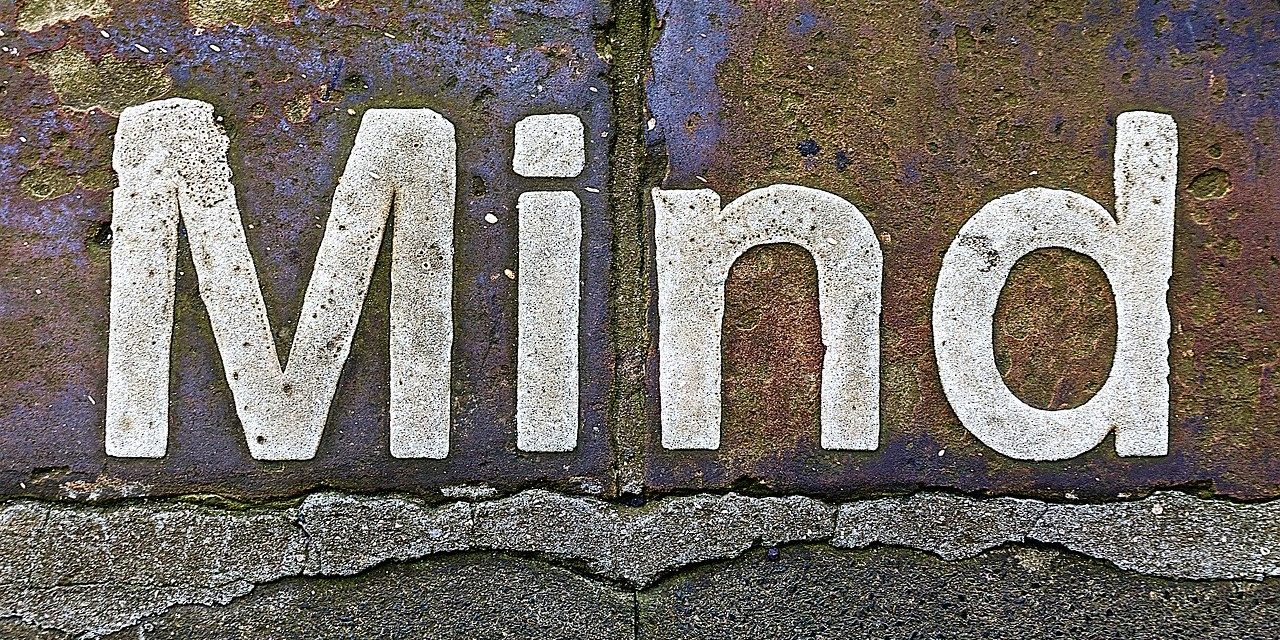LA QUINTA – To ensure the 28,000 students enrolled at Desert Sands Unified School District – and their families – can easily connect with mental healthcare resources and providers in the community. DSUSD contracted with Care Solace.
The contract was signed long before the coronavirus shuttered schools, threatened graduation ceremonies, and separated friends. The ink was dry long before social distancing and social isolation got a toehold.
The contract, which is in place through June 30, 2020, could be some students’ lifeline during this unparalleled time in U.S. history. As of April 16, California now has 26,182 confirmed coronavirus cases and 890 deaths, according to the California Department of Public Health.
Now consider this: Between September 2019 through March 2020, 1,788 students have taken advantage of the mental healthcare service with 416 directed into some type of care, according to a report Care Solace provided to DSUSD. Student issues brought to the attention of Care Solace included substance abuse, depression, eating disorders, and a number of stress related and neurological issues, according to Laura Fisher, assistant superintendent of student services.
“We truly appreciate our partnership with Care Solace in providing the school community with support and services with exceptional follow through and assurance that their needs are met, especially during this unprecedented time,” Fisher told Uken Report.
The cost of services is $28,700 with Riverside County University Behavioral Health picking up 50% of the cost.
Care Solace’s mission is to calm the chaos of mental healthcare coordination for school systems and families. Its goal is to ensure communities have access to reliable, ethical and high-quality mental healthcare services, regardless of income level.
Care Solace equips school districts with a web-based tool that makes it easier for students, families and staff to connect with mental healthcare resources and providers in their communities.
According to Child Trends, quick and easy access to evidence-based intervention offers the best opportunity to reduce the burden of economic and health costs associated with mental health disorders. Care Solace’s care navigation system uses proprietary technology and the largest database of behavioral and mental healthcare resources in California to find carefully vetted local therapists and programs in minutes.
Families of DSUSD also have access to an around-the-clock Care Concierge team, where experts guide families through processes related to insurance, provider availability, wait times and scheduling.
There are many barriers that make it difficult for schools and families to get mental healthcare. Care Solace wants to lift that burden so they can focus on what’s most important – getting well, said Chad Castruita, founder of Care Solace.
Care Solace provides the network necessary to help faculty, students and families determine when support is needed, and assists in coordinating community-based mental healthcare options. In areas with limited access to behavioral and mental healthcare resources and providers, professional counseling is available through online therapy sessions. Last year alone, more than 80,000 school staff and parents used the pre-screening tool, and at least 30,000 students received mental healthcare services as a result. Care Solace has facilitated an estimated 4,000 crisis interventions.
Image Sources
- Mind: Pixaby


![Enrolling Now, Rewarding Careers Ahead [Sponsored]](https://ukenreport.com/wp-content/uploads/2024/04/COD_heroes_1-1385-2-440x264.jpg)




